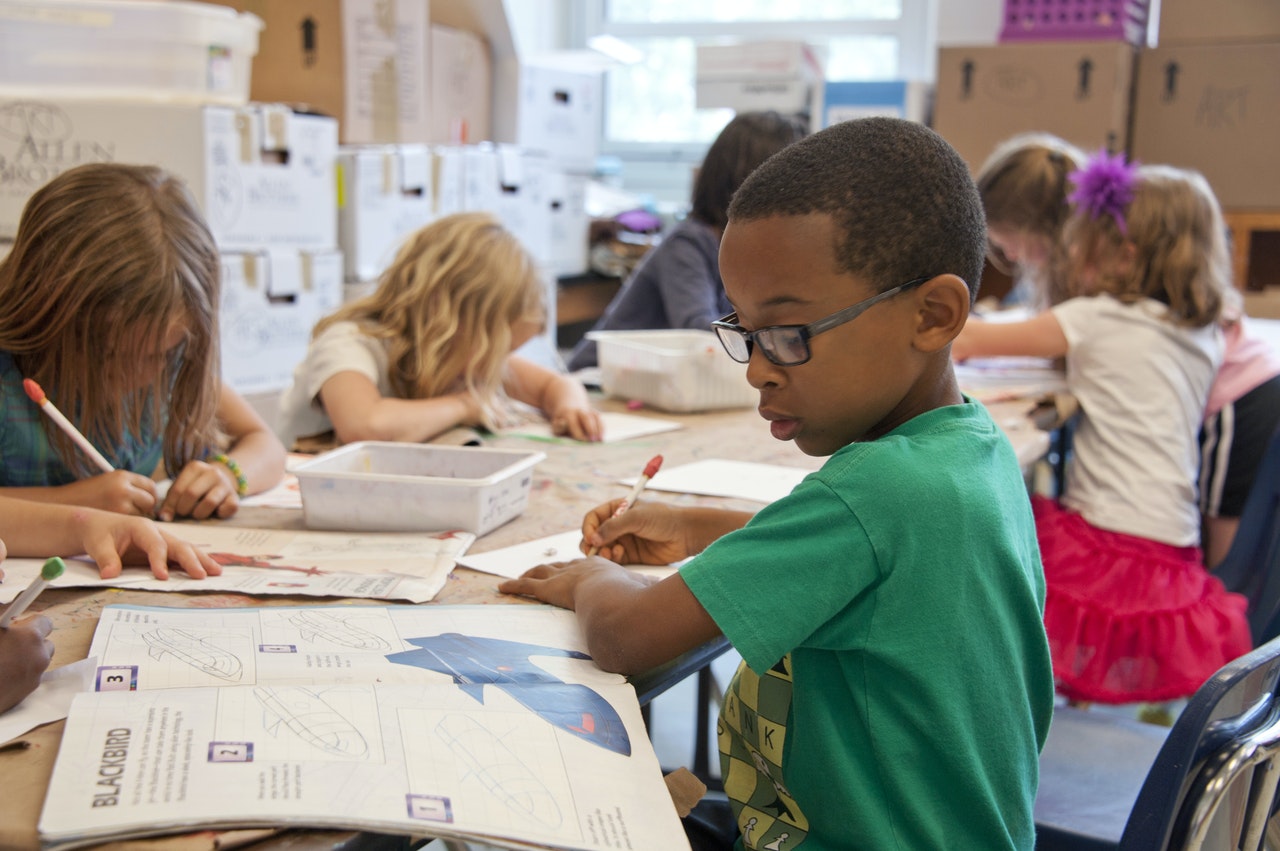45% of Teens Say They’re Stressed “All the Time,” Turn to Online Resources and Apps for Help Says Poll
 In a recent poll that asked tens of thousands of high school students how often they feel stressed, nearly 45% said “all the time,” citing relationships and teachers as the primary reasons why. “How often are you stressed,” was one of the four questions asked in the stress and mental health awareness poll hosted by the social network After School. Read more ›
In a recent poll that asked tens of thousands of high school students how often they feel stressed, nearly 45% said “all the time,” citing relationships and teachers as the primary reasons why. “How often are you stressed,” was one of the four questions asked in the stress and mental health awareness poll hosted by the social network After School. Read more ›


 Scientists from
Scientists from 
 There are slight differences in students’ experiences with bullying across gender identities, according to a new
There are slight differences in students’ experiences with bullying across gender identities, according to a new 
 Early test scores do not predict future academic growth, according to research from
Early test scores do not predict future academic growth, according to research from 
 A study published in December in the
A study published in December in the
 A recent
A recent 
 Researchers found that teens who spent a lot of time in front of screen devices — playing computer games, using more social media, texting and video chatting — were less happy than those who invested time in non-screen activities like sports, reading newspapers and magazines, and face-to-face social interaction. The happiest teens used digital media for less than an hour per day. But after a daily hour of screen time, unhappiness rises steadily along with increasing screen time.
Researchers found that teens who spent a lot of time in front of screen devices — playing computer games, using more social media, texting and video chatting — were less happy than those who invested time in non-screen activities like sports, reading newspapers and magazines, and face-to-face social interaction. The happiest teens used digital media for less than an hour per day. But after a daily hour of screen time, unhappiness rises steadily along with increasing screen time. 
 The ability to exercise self-control — even with a specific, self-imposed goal in mind — is tough, even as it develops with age. New research from the
The ability to exercise self-control — even with a specific, self-imposed goal in mind — is tough, even as it develops with age. New research from the 

